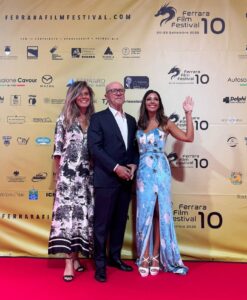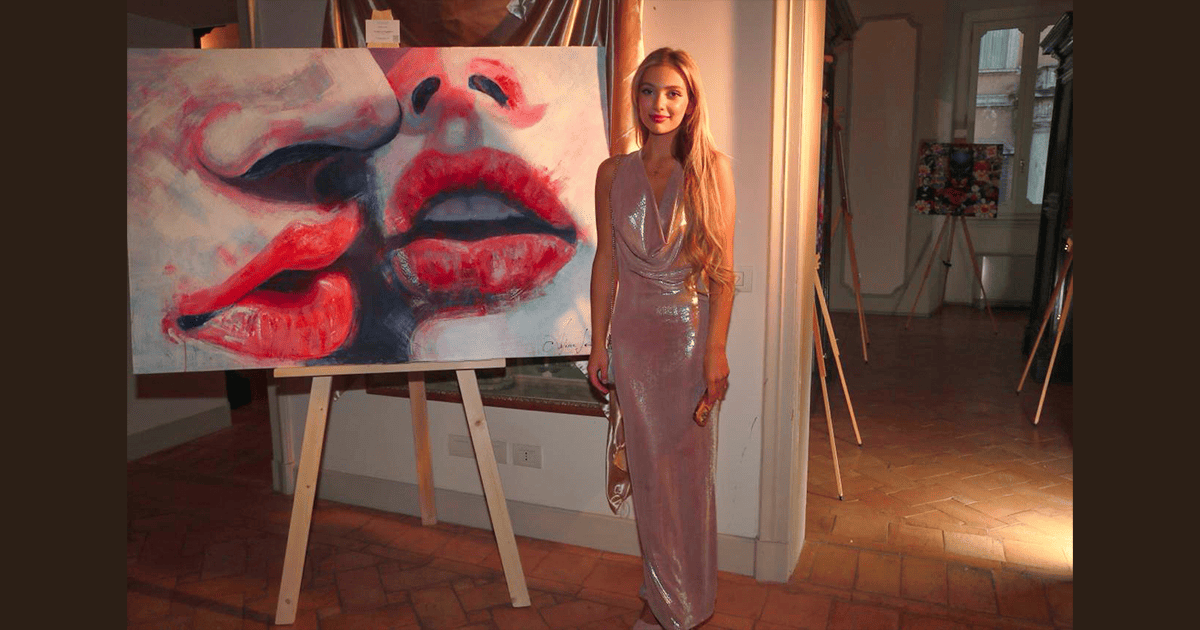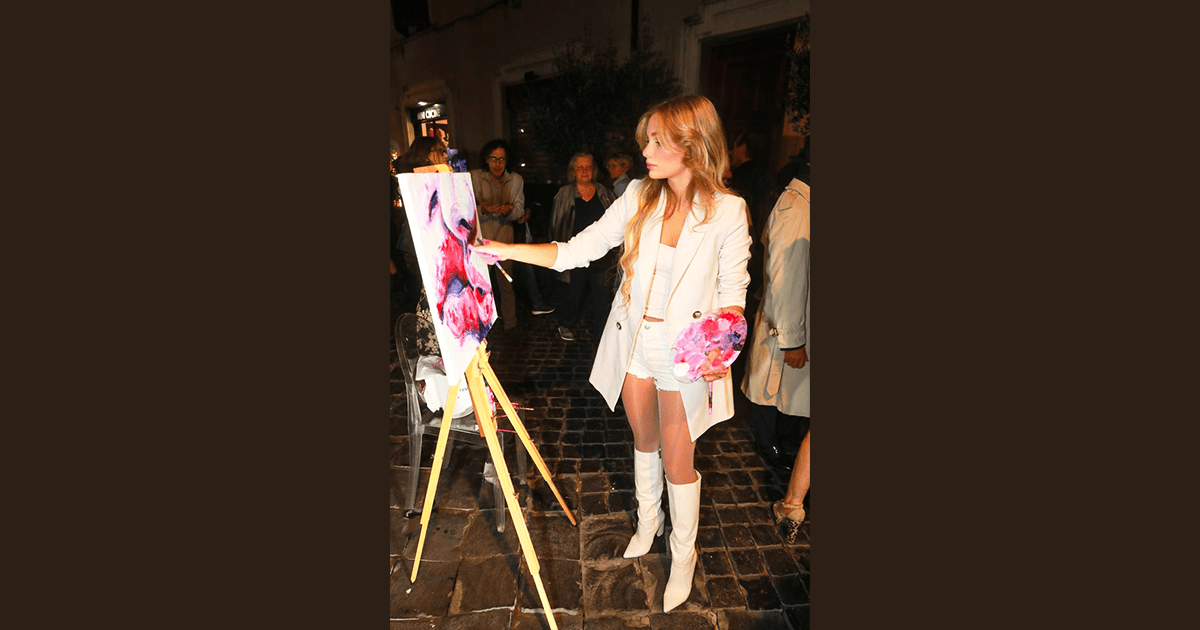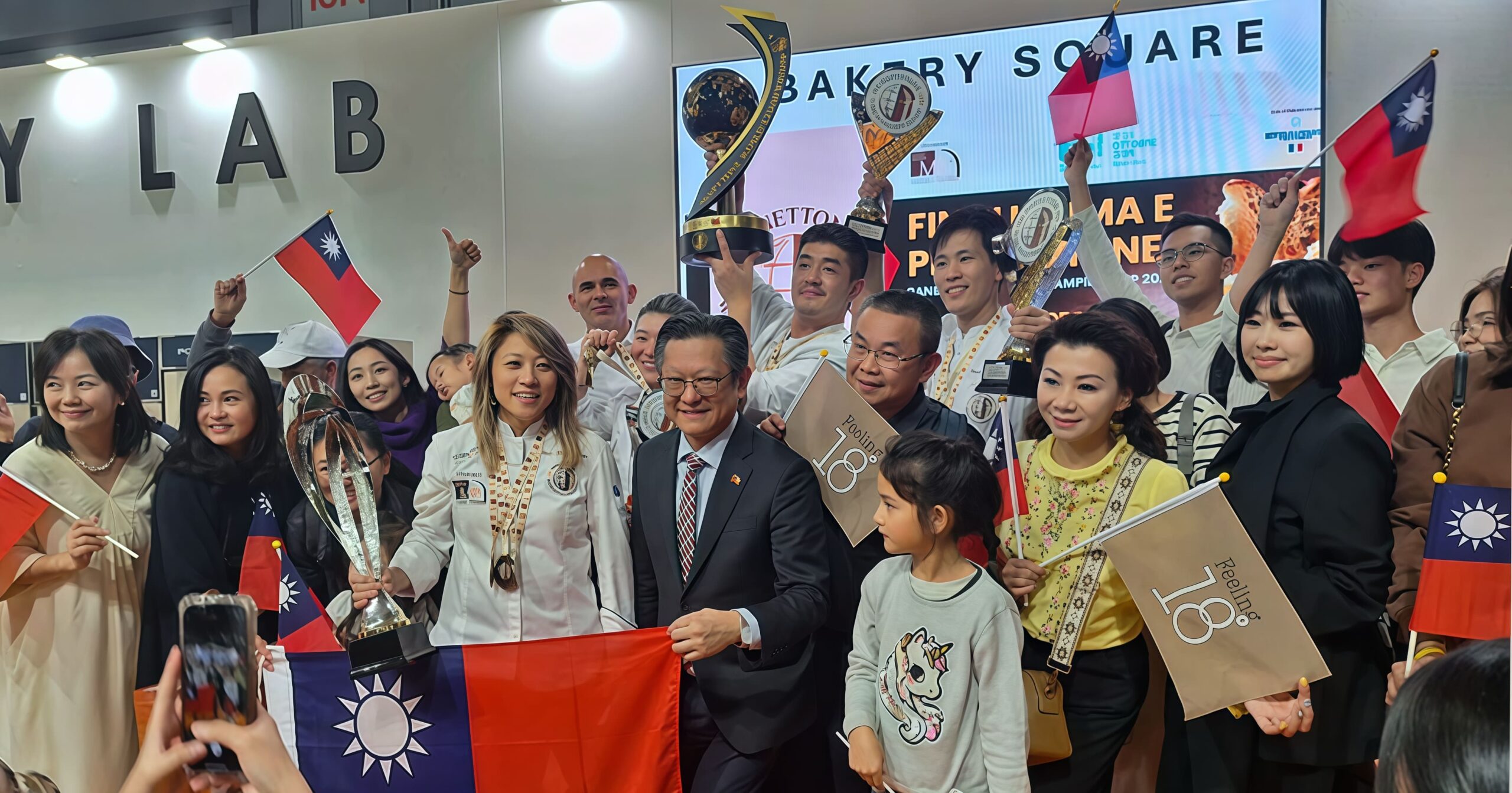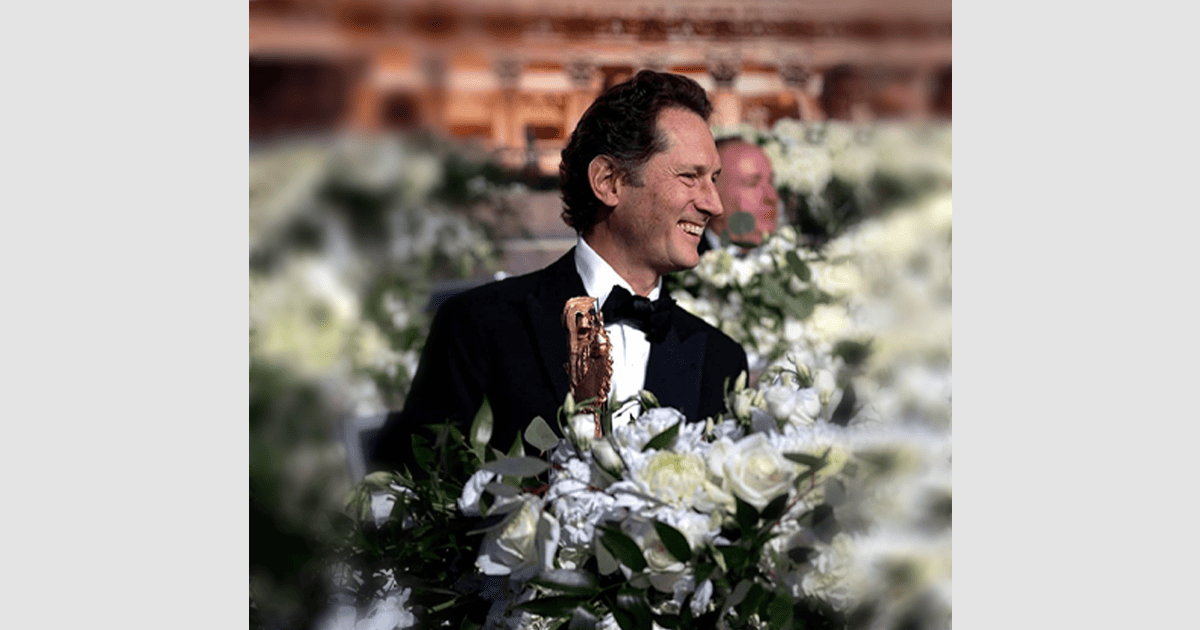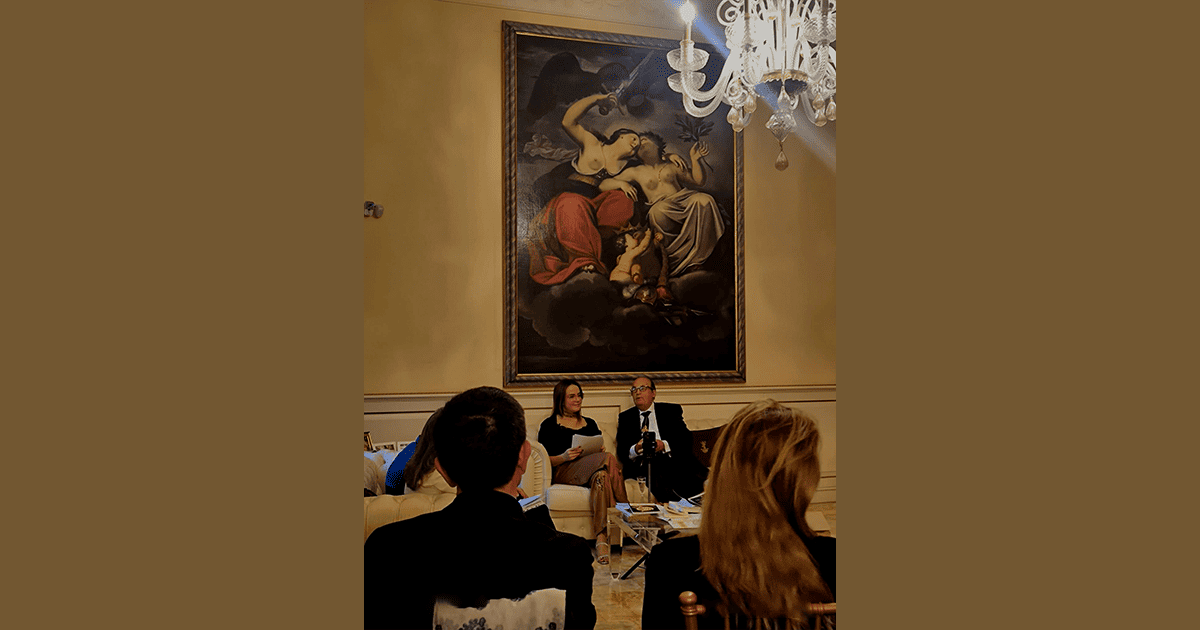- Italian
- English
Dal 20 al 28 settembre si è svolto il Ferrara Film Festival, una manifestazione che si è ormai imposta come uno degli appuntamenti cinematografici più interessanti del panorama italiano. L’edizione 2025 ha unito qualità d’autore, anteprime di rilievo e una presenza di ospiti internazionali che ha contribuito a trasformare la città estense in un vero crocevia culturale.
L’apertura del festival è stata caratterizzata dalla consegna dei prestigiosi Golden Dragons alla carriera, un riconoscimento che celebra le personalità che hanno lasciato un’impronta indelebile nella storia del cinema. A riceverlo, tra gli altri, Kabir Bedi, icona internazionale amato dal pubblico italiano per il ruolo di Sandokan, e Dario Argento, maestro indiscusso del cinema horror e thriller. Due figure molto diverse, ma accomunate da un carisma e da una creatività che hanno segnato intere generazioni di spettatori.
La line-up ufficiale ha visto la proiezione di oltre cento opere provenienti da tutto il mondo, tra lungometraggi, corti e documentari. Una selezione che ha saputo alternare grandi titoli ad anteprime nazionali ed europee, accanto a produzioni indipendenti capaci di sorprendere per freschezza e originalità. Tra i film che hanno riscosso maggiore attenzione, Il Crimine del Futuro, opera distopica che ha acceso il dibattito, e Riflessi nell’Ombra, un thriller psicologico che ha diviso la critica e appassionato il pubblico.
Non solo proiezioni: il festival ha offerto un fitto programma di incontri, masterclass e workshop tematici, diventando un’occasione preziosa per il confronto diretto tra i protagonisti del settore e gli spettatori. Registi, sceneggiatori e attori hanno dialogato con il pubblico, raccontando il dietro le quinte della loro arte e condividendo esperienze e prospettive sul futuro del cinema.
Il parterre di ospiti ha contribuito a dare lustro all’evento: oltre ai premiati Kabir Bedi e Dario Argento, hanno partecipato personalità come Paul Haggis, regista e sceneggiatore premio Oscar, Stefania Rocca, attrice di grande intensità, e Giorgio Pasotti, attore versatile amato dal pubblico televisivo e cinematografico. La loro presenza ha confermato la vocazione internazionale del festival e la sua capacità di attrarre figure di spicco del panorama culturale.
Le proiezioni hanno animato sale storiche, arene all’aperto e spazi culturali della città, coinvolgendo non solo gli addetti ai lavori ma anche i cittadini, che hanno risposto con entusiasmo. Particolarmente apprezzata è stata la sezione dedicata al cinema sociale, che ha portato sullo schermo storie di migrazione, cambiamento climatico, diritti umani e conflitti contemporanei. Tematiche urgenti che hanno stimolato riflessione e dibattito, confermando come il festival non si limiti a essere un evento di intrattenimento ma un momento di crescita collettiva.
Con questa edizione, il Ferrara Film Festival ha ribadito il suo ruolo di ponte tra grandi maestri e giovani talenti, tra tradizione e innovazione, tra cinema d’autore e nuove forme di linguaggio audiovisivo. L’eredità di questa edizione non è soltanto un ricco palinsesto di titoli e incontri, ma la testimonianza che il cinema continua a essere uno strumento potente per raccontare il presente e immaginare il futuro.
Ad affiancare il fondatore Maximilian Law e’ stata Claudia Conte, nuova co-direttrice artistica, che sintetizza lo spirito dell’edizione 2025: «Il cinema deve ritrovare coraggio, responsabilità e profondità. Deve unire, non dividere. A Ferrara la parola d’ordine è meritocrazia.
From September 20 to 28 the Ferrara Film Festival took place, an event that has now established itself as one of the most interesting appointments on the Italian cultural scene. The 2025 edition combined auteur quality, major premieres and the presence of international guests, transforming the city into a true cultural crossroads.
The opening of the festival was marked by the awarding of the prestigious Golden Dragons for Lifetime Achievement, a recognition that celebrates personalities who have left an indelible mark on the history of cinema. Among the recipients were Kabir Bedi, an international icon loved by Italian audiences for his role as Sandokan, and Dario Argento, the undisputed master of horror and thriller cinema. Two very different figures, yet united by charisma and creativity that have shaped entire generations of spectators.
The official line-up featured the screening of more than one hundred works from all over the world, including feature films, short films and documentaries. The selection alternated major titles with national and European premieres, alongside independent productions that surprised audiences with freshness and originality. Among the films that attracted the most attention were Crimes of the Future, a dystopian work that sparked debate, and Reflections in the Dark, a psychological thriller that divided critics while captivating audiences.
Beyond the screenings, the festival offered a packed program of meetings, masterclasses and thematic workshops, becoming a valuable opportunity for direct dialogue between industry professionals and audiences. Directors, screenwriters and actors engaged with the public, revealing the behind-the-scenes of their craft and sharing experiences and perspectives on the future of cinema.
The roster of guests added further prestige to the event. In addition to the awardees Kabir Bedi and Dario Argento, personalities such as Oscar-winning director and screenwriter Paul Haggis, acclaimed actress Stefania Rocca and versatile actor Giorgio Pasotti took part. Their presence confirmed the international vocation of the festival and its ability to attract key figures from the cultural scene.
Screenings enlivened historic theaters, open-air venues and cultural spaces throughout the city, involving not only professionals but also residents, who responded enthusiastically. Particularly appreciated was the section dedicated to social cinema, which brought to the screen stories of migration, climate change, human rights and contemporary conflicts. These pressing issues stimulated reflection and debate, reaffirming that the festival is not only an entertainment event but also a moment of collective growth.
With this edition, the Ferrara Film Festival reaffirmed its role as a bridge between great masters and young talents, between tradition and innovation, between auteur cinema and new audiovisual languages. The legacy of this year’s edition is not only a rich program of films and events, but also the testimony that cinema continues to be a powerful tool to narrate the present and imagine the future.
Standing alongside founder Maximilian Law was Claudia Conte, the new co-artistic director, who sums up the spirit of the 2025 edition: “Cinema must rediscover courage, responsibility and depth. It must unite, not divide. In Ferrara, the watchword is meritocracy.
By author


